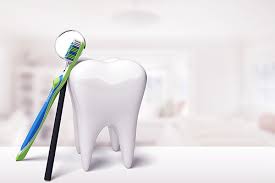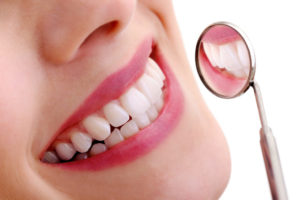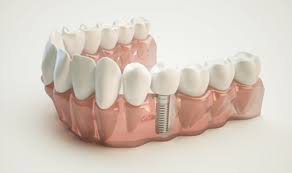Midtown Dentist Houston – The Importance Of Dental Care
 Dental care refers to the process of prevention and treatment of oral health. Oral hygiene is essentially the process of maintaining one’s mouth free from infection and other harmful issues by regularly brushing the teeth and also cleaning between the teeth with proper dental care products. It is also important that good oral hygiene is performed on a frequent basis in order to prevent formation of bad breath and dental disease. In order to ensure that you get a bright smile for years to come, it is important that you visit a dentist once every six months or so for a professional dental check up. Have a look at Smiles of Midtown / Midtown Dentist Houston for more info on this.
Dental care refers to the process of prevention and treatment of oral health. Oral hygiene is essentially the process of maintaining one’s mouth free from infection and other harmful issues by regularly brushing the teeth and also cleaning between the teeth with proper dental care products. It is also important that good oral hygiene is performed on a frequent basis in order to prevent formation of bad breath and dental disease. In order to ensure that you get a bright smile for years to come, it is important that you visit a dentist once every six months or so for a professional dental check up. Have a look at Smiles of Midtown / Midtown Dentist Houston for more info on this.
You can also do your own part in taking care of your oral health by conducting routine dental care visits to your dentist at the onset of any major illness or change in your oral health. By getting your teeth cleaned every six months, your dentist will make sure that any cavities are filled and that there are no major issues currently plaguing your oral health. This includes an examination of any current conditions that may affect your gums such as diabetes, HIV/AIDS, cancer, or even a stroke. Routine dental care can save you from suffering more serious oral problems later in life. It can also help to maintain healthy gums and teeth in order to prevent periodontal disease or gum atrophy.
The importance of dental care should not be underestimated. It doesn’t matter if you only have one tooth or if you have multiple teeth, taking care of your oral health is very important in order to keep your smile looking its best and avoid the need for more complex oral surgery later on in life. It is possible for a single tooth to become infected and even more serious oral surgery may be required in order to remove the infection and save the tooth. For this reason, it is very important that you have your first tooth taken care of as soon as possible. If you are in a situation where you need your dental care right away, consulting with your dentist about your options for oral surgery could mean the difference between having a beautiful smile now and having to undergo oral surgery later on in life due to an infected tooth.





